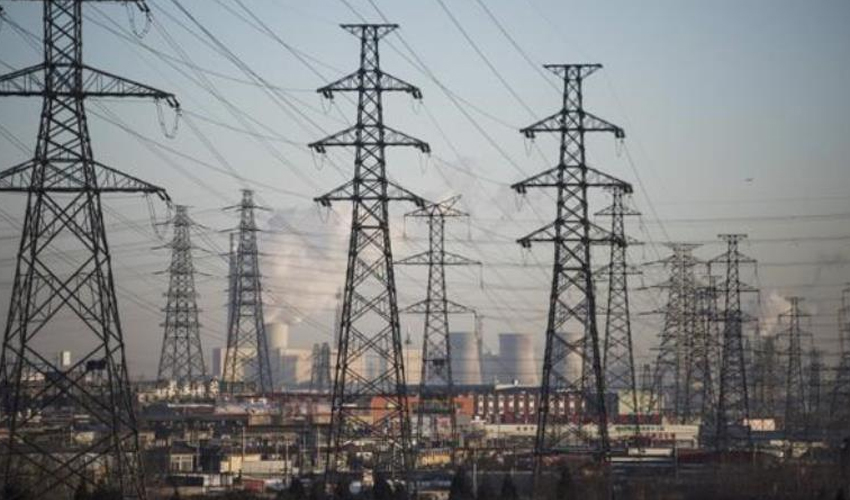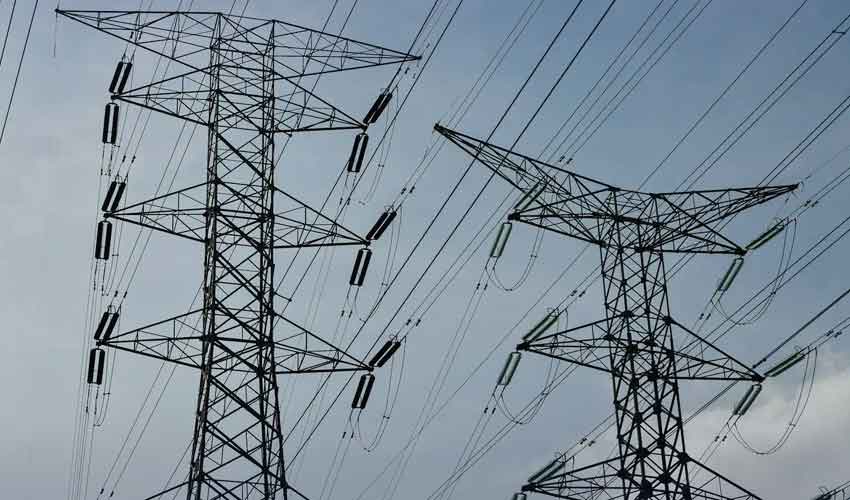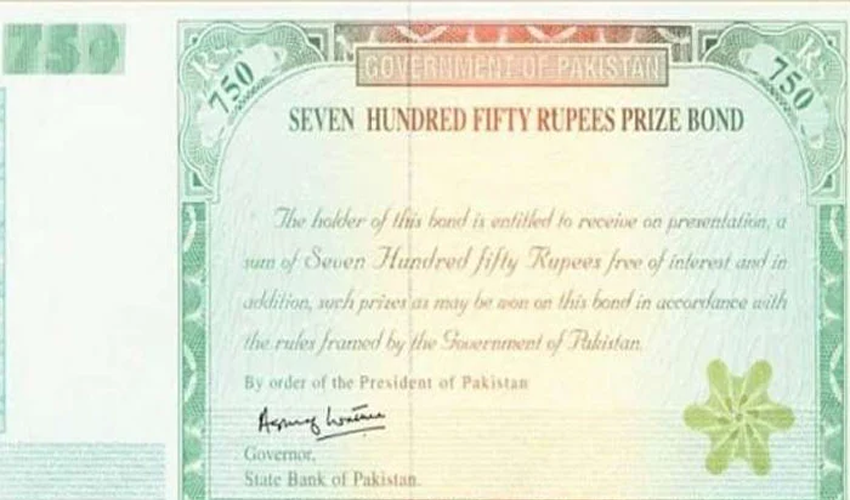The federal government is considering making the recently announced electricity price reduction by the prime minister permanent, provided the country’s economic conditions continue to improve.
During a hearing held by the National Electric Power Regulatory Authority (NEPRA) on Friday, officials from the Power Division said the current relief -- introduced as a Rs1.71 per unit subsidy -- will initially be provided through quarterly adjustments. However, the government has a broader plan to make this reduction a part of the basic electricity tariff from June.
NEPRA concludes hearing on subsidy request
NEPRA on Friday concluded its hearing on the government’s request for a Rs1.71 per unit subsidy in electricity bills for a three-month period. The decision, which would benefit millions of domestic and commercial consumers, is now under review, with a final ruling expected soon.
Also Read: Electricity prices reduced across Pakistan for April
The initiative is part of the government’s ongoing mission to reduce financial pressure on electricity users, and it complements other long-term measures designed to lower power costs and address the circular debt crisis.
Relief hinges on economic performance
Power Division officials clarified that the relief announced by Prime Minister Shehbaz Sharif is subject to the country’s economic situation. If economic stability continues, the reduction may become part of the permanent base tariff by July.
“Changes to tariffs on an annual basis are not currently feasible, which is why we’re offering temporary relief through quarterly adjustments,” an official stated.
IPPs agreements and fuel price stability
Officials revealed that strategic agreements with five independent power producers (IPPs) have already generated savings of Rs12 billion, and seven more private power plants have formally requested tariff reductions. Several others, including government-run plants, are expected to follow suit.
Also Read: PM Shehbaz announces massive reduction in electricity prices
According to Power Division officials, by maintaining stable petroleum prices over the next three months, the government expects to save around Rs58 billion, which will be directed towards making electricity more affordable.
Massive subsidy and circular debt management
To further bridge the gap between actual costs and consumer tariffs, a Rs266 billion subsidy has already been approved. When combined with additional allocations, the total subsidy reaches Rs324 billion.
Officials also mentioned that the government is taking serious steps to eliminate circular debt, with negotiations with banks now in the final stages.
“These comprehensive reforms are designed not just to reduce tariffs temporarily, but to stabilize the power sector and protect consumers in the long run,” added a Power Division spokesperson.


























